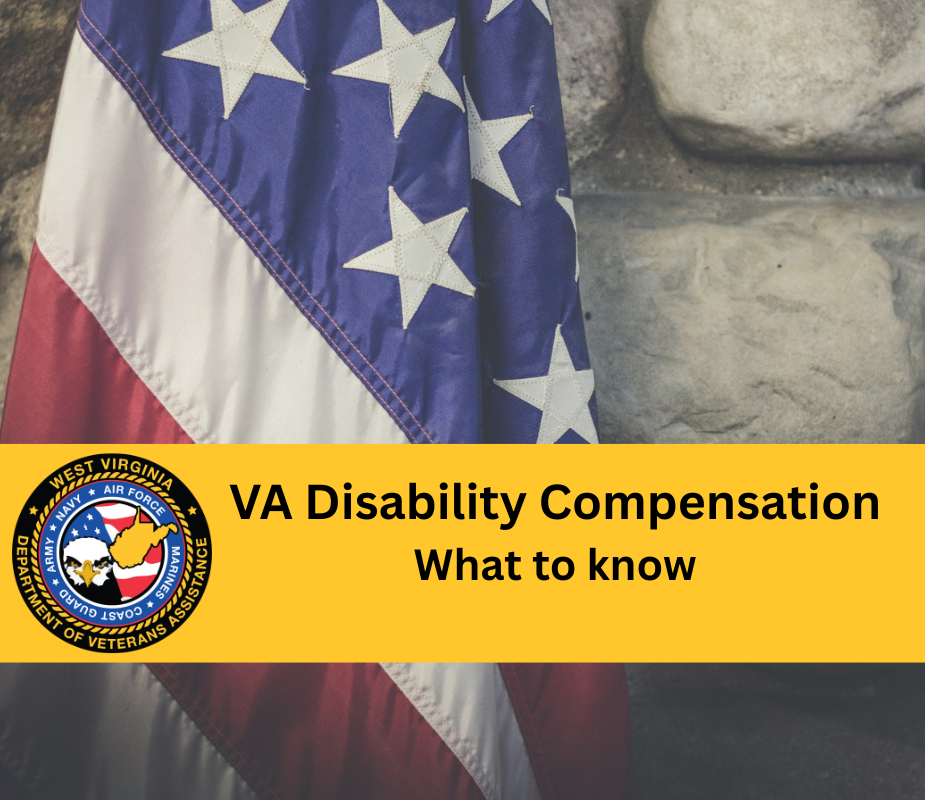

The U.S. Department of Veterans Affairs (VA) administers a comprehensive range of benefits that Veterans may earn through their military service. Many of these benefits are designed to improve the quality of life for Veterans and their families after service. Others provide support for injuries or conditions directly related to military duty. Central to this category is VA Disability Compensation.
VA Disability Compensation is a tax-free monthly payment for Veterans whose injuries or illnesses are connected to their service. Unlike Social Security Disability Insurance (SSDI), which compensates individuals who are unable to work, VA disability benefits acknowledge the lasting impact of service-related conditions—whether or not a Veteran remains able to work.
Even if a service-connected condition does not prevent employment, it may still create significant burdens. For example, a Veteran with a chronic back injury may be able to perform well in many career fields but may need to hire help for yard work or home repairs they could otherwise do themselves. VA Disability Compensation helps level the playing field, supporting injured Veterans in maintaining independence.
Types of Service Connection
Not all conditions are considered service-connected. Veterans can pursue one of three main types of claims:
- Direct Service Connection: A disability documented during active duty, such as an injury sustained in combat or training.
- Secondary Service Connection: A new condition caused by a service-connected disability (e.g., knee problems resulting from a service-related back injury).
- Presumptive Service Connection: An illness automatically linked to certain exposures or deployments. The PACT Act of 2022 expanded the list of presumptive conditions, including those tied to toxic exposures, and extended eligibility for Vietnam-era “blue water” Navy Veterans and others previously excluded.
Filing a Claim
Veteran Service Officers (VSOs) at the West Virginia Department of Veterans Assistance (WVDVA) can assist Veterans in navigating disability claims. For claims outside of presumptive conditions, three things are needed for success:
- An in-service event or exposure, documented in medical records or supported by buddy statements.
- A current medical diagnosis of the condition.
- A nexus statement, which is a medical opinion that establishes a connection between the condition and military service.
Filing a claim benefits more than just the individual Veteran. The number of Veterans receiving compensation directly impacts funding for VA medical centers and support services across West Virginia.
Benefits for Families
Filing also supports families. Spouses of Veterans rated 100 percent permanent and total for at least ten years before death qualify for Dependency and Indemnity Compensation (DIC), a non-taxable benefit for surviving spouses and dependent children. Families may also be eligible for CHAMPVA (Civilian Health and Medical Program of the Department of Veterans Affairs), which can significantly reduce health care costs.
Take Action
If you believe you may qualify for VA Disability Compensation, don’t wait. Filing a claim costs nothing and can make a meaningful difference for you, your family, and your fellow Veterans. Visit the West Virginia Department of Veterans Assistance website to find your nearest office and schedule an appointment. Our VA-accredited staff will help guide you through the process—from start to finish—at no cost.

